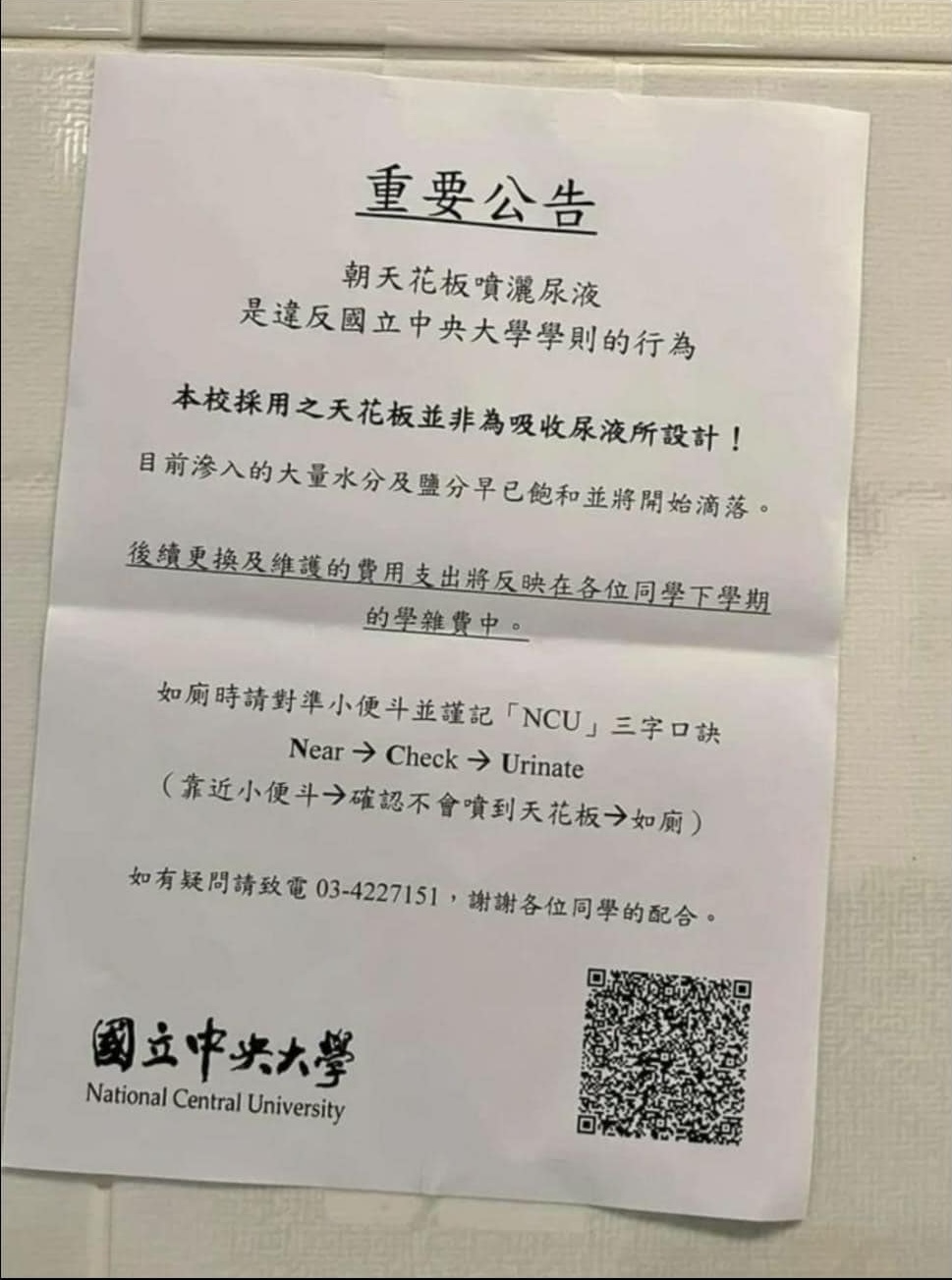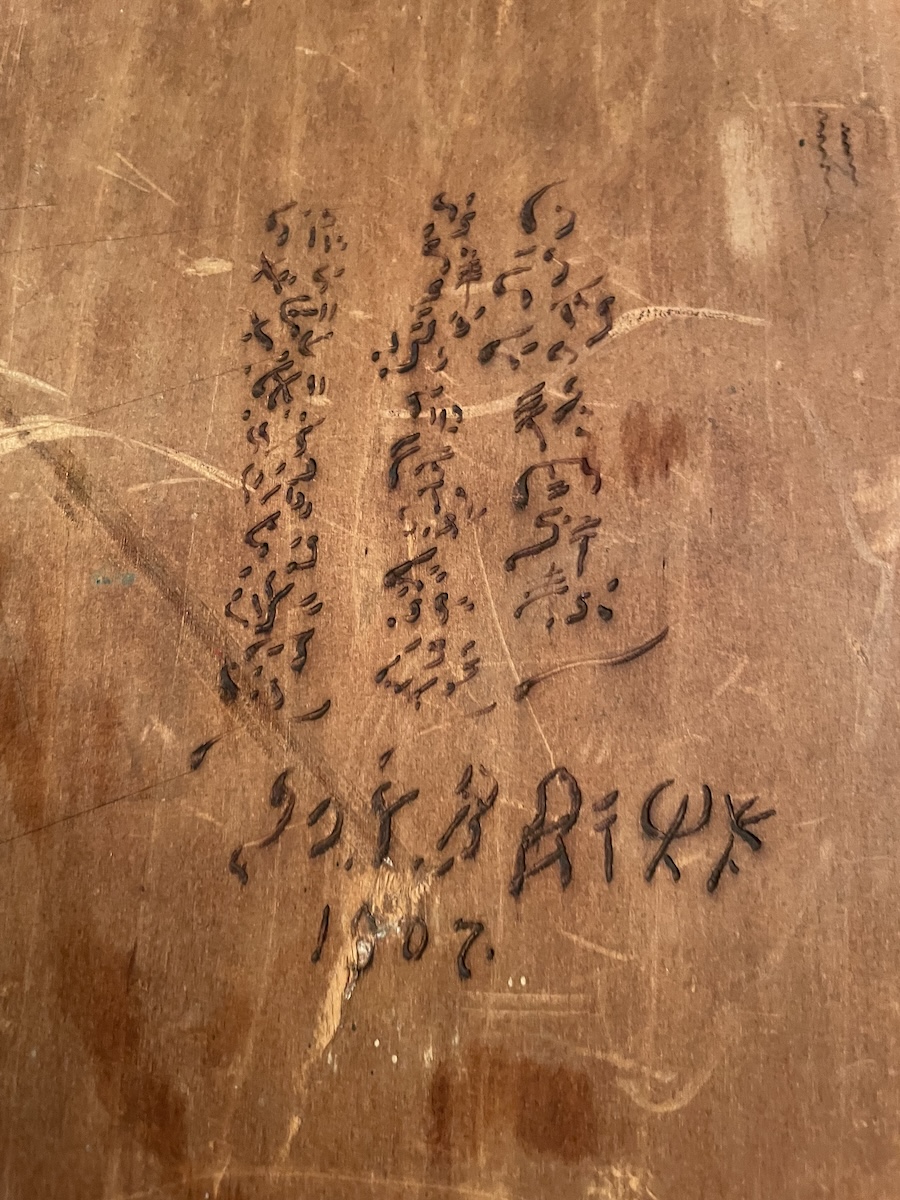Years ago, Jerry Goldman (then at Northwestern) created the oyez.org website as
a multimedia archive devoted to making the Supreme Court of the United States accessible to everyone. It is the most complete and authoritative source for all of the Court’s audio since the installation of a recording system in October 1955. Oyez offers transcript-synchronized and searchable audio, plain-English case summaries, illustrated decision information, and full-text Supreme Court opinions
He rescued decades of tapes and transcripts from the National Archives, digitized and improved them, and arranged the website's interactive presentations of the available recordings. Jiahong Yuan and I played a role, by devising and validating a program to identify which justice was speaking when (See "Speaker Identification on the Scotus Corpus", 2008).
More recently, Jerry has inspired an effort to recreate oral arguments from famous cases that took place before the recording system was installed, starting with Brown v. Board of Education. Rejecting the idea of producing "deep fakes" using the existing transcripts and extant recordings of the justices involved, he and his colleagues decided to create what we might call "shallow fakes", where actors will perform (selections from) the transcripts, and a voice morphing system will then be used to make their recordings sound like the target speakers. The recreated clips will be embedded in explanatory material.
All the scripts have been written, and in a few months, you'll be able to hear the results — which I expect will be terrific.
Read the rest of this entry »



 …)
…)